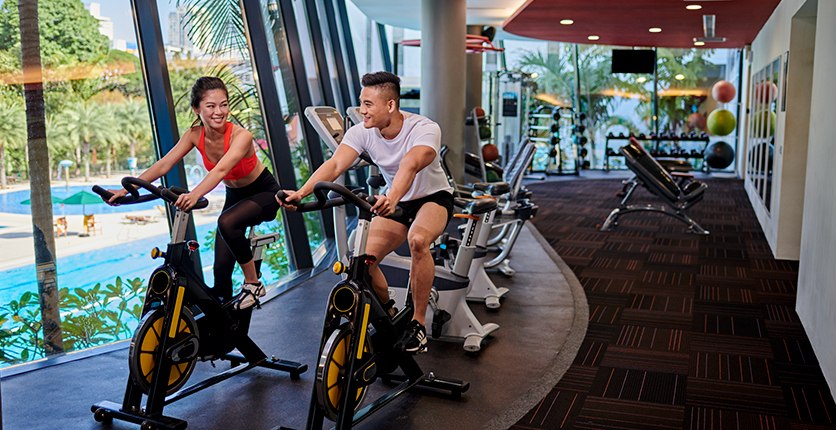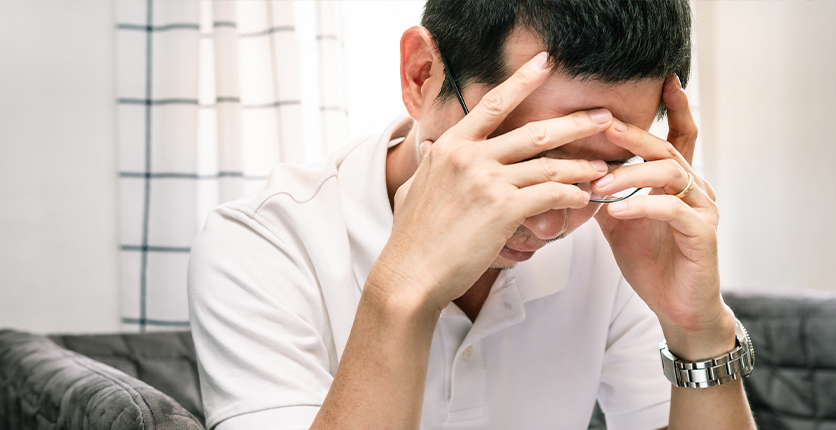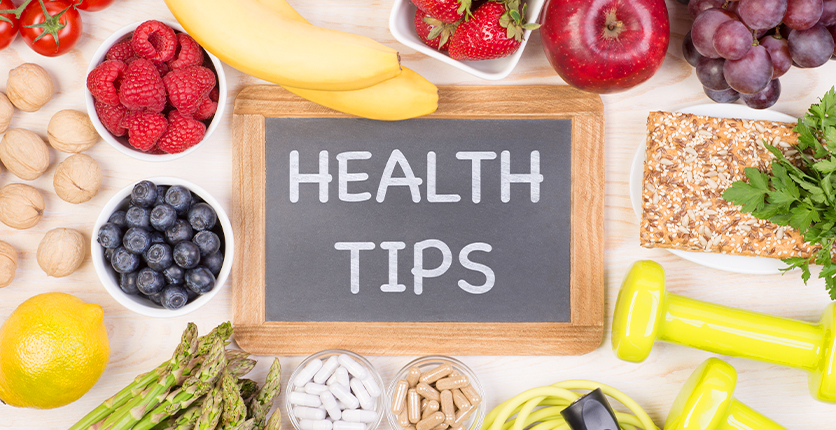Christmas is barely over, and already, Chinese New Year is around the corner. This whole period can be maddeningly busy and stressful for many of us, as we shop for goodies and decorations, cook up feasts, host gatherings and catch up with our loved ones. The festivals also coincide with start-of-a-new-year tasks, such as a new school year for the kids, spring cleaning and planning for the work year ahead.
But while life can get pretty crazy around this time, there’s no reason for you to lose your head. These tips, from psychiatrist Dr Lim Boon Leng at Dr BL Lim Centre for Psychological Wellness, will help you keep your mental, physical and emotional health in check.
Get quality sleep and take regular rest breaks

Festive activities usually add more stress to an already busy schedule, depriving us of the rest we need to function well, says Dr Lim.
“Sleep and periods of inactivity are necessary for our mind and body to relax and recharge. Without adequate rest, we may find it hard to stay sharp and focused during the day and we may even experience lapses in memory. We may also tire easily and be irritable as a result. Our immune system may weaken, making us more susceptible to illness.
“The more tired we feel, the harder it gets to do what we need to do – tasks may require more effort and time, and we may end up sacrificing even more precious sleep hours. This just creates a vicious cycle that can be hard to break.”
How much sleep do you need? Adults need seven to eight hours a night. Naps of about 20 minutes a day are also recommended if you feel tired.
Get more tips on how to have a better night’s sleep.
Eat wholesome meals

As you’ll likely be overindulging in rich food and alcohol this time of year, try to eat balanced meals when you can. Load up on fibre-rich fruit and veggies, limit your intake of processed convenience foods, and cut back on take-out meals, which are usually high in fat, sugar and/or sodium. And, no matter how busy you get, don’t skip meals or “forget” to eat, Dr Lim advises.
It’s also important to stay hydrated, so that you don’t get fatigued during the day. Whole carbohydrate-rich foods, like sweet potatoes, brown rice and whole grains, give you the energy you need to function properly and may also help reduce anxiety.
“If you eat well, hydrate and get adequate sleep, you’ll feel good, both mentally and physically,” Dr Lim adds.
Keep up the physical activity

As packed as your schedule gets, don’t abandon your exercise routine – regular physical activity has been shown to help with stress management. There are many options available – take daily jogs or walks, join a well-equipped gym to get stronger, or try swimming as a form of low-impact exercise. With 6 outlets conveniently located at all SAFRA Clubs across Singapore, you can start the year strong with EnergyOne Gym and take your fitness to greater heights with our state-of-the-art equipment and professional personal trainers.
“Exercising boosts your confidence and mood and may increase your self-esteem,” Dr Lim points out. “Sticking to an exercise schedule also helps you build perseverance and discipline. All of these effects help you perform better when under stress.”
SAFRA Members can enjoy exclusive rates for an EnergyOne gym membership from just $57.50 a month for an 8-month membership. Non-SAFRA Members are welcome to join as well from $70 a month, plus receive complimentary access to SAFRA swimming pools, steam rooms, and more! Promotions end 31 Mar 2023. Find out here.
Learn to spot symptoms of burnout

Know when it’s time to take a break or walk away from anything that’s demanding more of you than you can give.
Symptoms of burnout include a lack of motivation, feeling “disconnected” from the activity, feeling emotionally depleted and tiring easily. You may also feel cynical about whatever seems to be sapping the life out of you.
Drawing boundaries is one way to protect yourself from burnout. This may mean saying “no” to your boss, colleagues, friends, and even your parents, spouse, kids and other family members.
“If you don’t learn to say no, you’ll end up receiving even more requests and tasks,” says Dr Lim.
“It’s important to know your limits and to say no when you can no longer cope or simply because you don’t want to do more.”
A kind way to say no to someone is to thank them for trusting you with the task, and then telling them that you don’t have the time or energy to assist. Add that you’d be happy to help them in the future if you can.
Learn more about the reasons behind feeling burnt out and what you can do.
Limit your alcohol intake

While drinking a small amount of alcohol may help you relax, drinking too much or too often may raise your anxiety level and even cause you to panic, says Dr Lim. This is because alcohol tends to deplete a key chemical in the brain called GABA, which produces a calming effect and can help with feelings of anxiety, stress and fear.
Drinking too much also causes hangovers, which may affect your productivity, focus and energy level the next day.
Find moments to destress

Stress makes us irritable and may even cause us to lash out at others. It also affects our ability to go about our tasks and activities normally, causing us to make mistakes in our work and impairing our ability to concentrate and remember things.
Taking time out for yourself is a good way to recharge, Dr Lim explains. Even if you’re just taking a quick walk or closing your eyes and doing deep breathing exercises for a few minutes, you’ll feel less stressed afterwards.
Read more about why taking time for yourself and self-care is important.
Want more wellness articles like this, and other lifestyle content right in your inbox? Download the new SAFRA mobile app and opt in for the eNSman Newsletter – you don’t need to be a SAFRA member to subscribe – and never miss another story!







